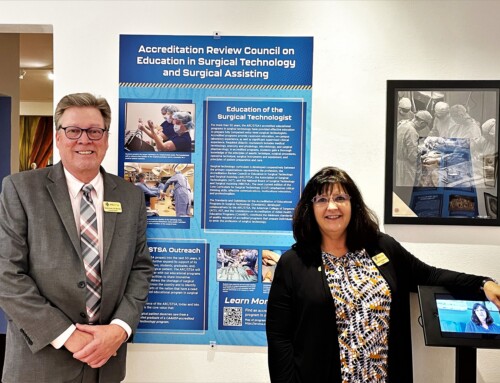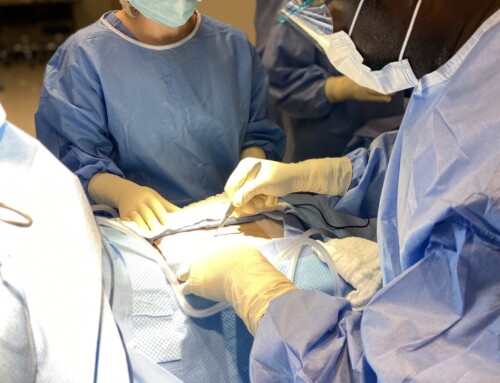By Alexis Laubenthal, BS, and Emily Phillips, BS 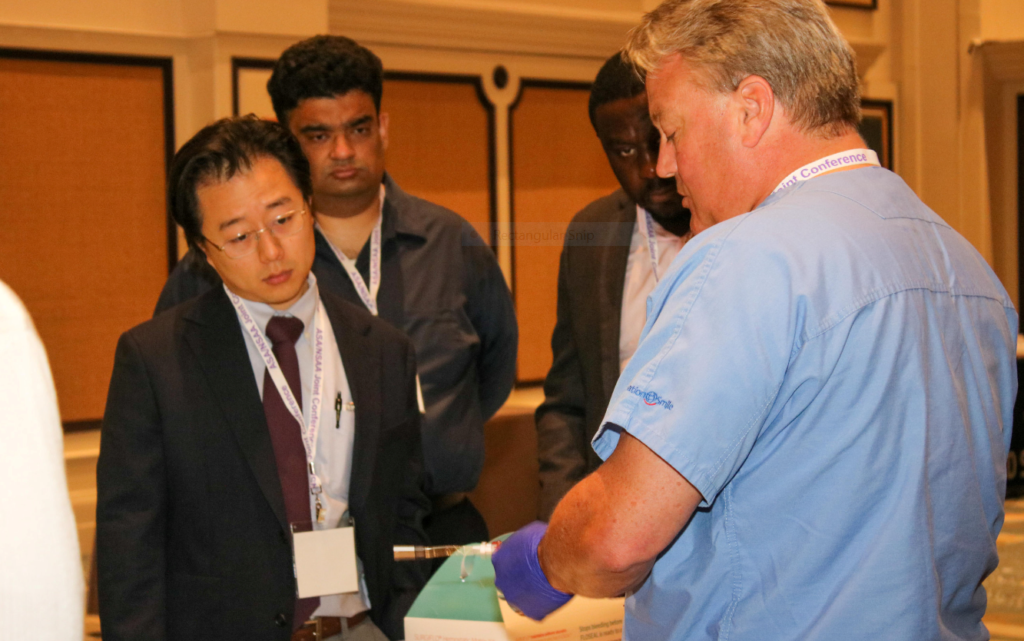
At the second annual ASA/NSAA Joint Conference, surgical assistants learned from industry reps, including Ethicon (pictured above), during the multi-station workshops.
Surgical professionals from across the country gathered for the second annual Joint Conference of the Association of Surgical Assistants (ASA) and National Surgical Assistant Association (NSAA), April 23-24 in Orlando, FL. The two-day event included hands-on learning experiences, inspiring speakers, legislative insights, and an opportunity to network with colleagues and exchange ideas.
Speaker Highlights: An Eye on the Future, Skill-Building and Legislative Insight
John Martins, group president of delivery at Cross Country Healthcare, shared how COVID-19 has affected the health care profession and stressed the importance of embracing this new culture in the workplace during his keynote presentation, “Forever Altered: Adapting to a Post-Pandemic Healthcare Landscape.”
Dr. Matthew Truesdale, a urologist, offered his insights into the surgical assistant’s integral role in the operating room, specifically during robotic prostatectomies. As students, our takeaway from Dr. Truesdale was clear: know the surgeon’s dominant eye, to follow them carefully and understand their point of view.
Dr. Nicole Szell and Dr. Ali Zahrai shared their perspectives on the qualities they see in their most successful surgical assistants: consistency, passion and an eagerness to learn. Dr. Zahrai also discussed robotic spine procedures and revealed that the preoperative roadmap is so detailed that it identifies all sizers, plates and screws before the patient even enters the operating room.
The conference featured a legislative round table focusing on current issues and trends. Leading the discussion was William Vorys of Ohio, Hunter Jamerson of Virginia, David Gencarelli of Washington D.C., and Jocelyn Dabeau of Texas. Surprise billing was raised as a key issue across the nation. Speakers pointed out that surgical assistants are the surgeon’s second set of eyes, relied on to know every intricacy of their surgeon’s procedure. However, since patients often have little knowledge about the critical service a surgical assistant provides during their surgery, is not surprising that they may question the resulting charges. Publications and licensure may be two integral parts of the puzzle that could help minimize the surprise billing issue.
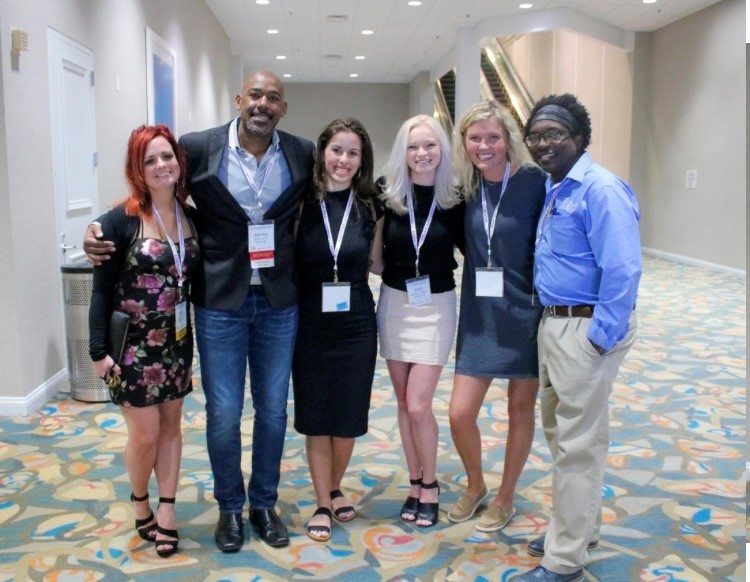
Students gathered with NSAA Board Members at the second annual ASA/NSAA Joint Conference. Pictured left to right: Helga Olson MS, CSA, CSFA (instructor, Mayo Clinic; vice president, NSAA), Brandon King, CSA (secretary, NSAA), Alexis Laubenthal, BS (student, Mayo Clinic), Ester Archer, BS (student, Mayo Clinic) Kambrea Sale, BS (student, Mayo Clinic), Marvin Dozier, CSA, LSA (treasurer, NSAA).
Where We Go From Here
This year’s conference was a great reminder that surgical assistants are a growing force in the medical profession. Not only do the two associations have members and lobbyists advocating on our behalf on state and national levels for licensure, but there are also a multitude of current surgeons advocating for our services in the operating room.
So, what can we do to highlight our role in operating rooms across the country? To begin, we can conduct research and publish literature to educate others on the importance of certified surgical first assistants and certified surgical assistants. Further, events such as this one are an opportunity to continue educating ourselves about and advocating for our profession. It is vital to be lifelong learners. After all, it is an honor and a privilege to provide quality patient care every day.

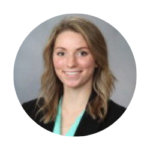 Alexis Laubenthal, BS (left), and Emily Philips, BS (right), are students in the Mayo Clinic Surgical First Assistant Program Class of 2021. Laubenthal received a BS in health sciences from the University of Minnesota – Rochester. Phillips received a BS in exercise science with a minor in nutrition from Western Illinois University
Alexis Laubenthal, BS (left), and Emily Philips, BS (right), are students in the Mayo Clinic Surgical First Assistant Program Class of 2021. Laubenthal received a BS in health sciences from the University of Minnesota – Rochester. Phillips received a BS in exercise science with a minor in nutrition from Western Illinois University


